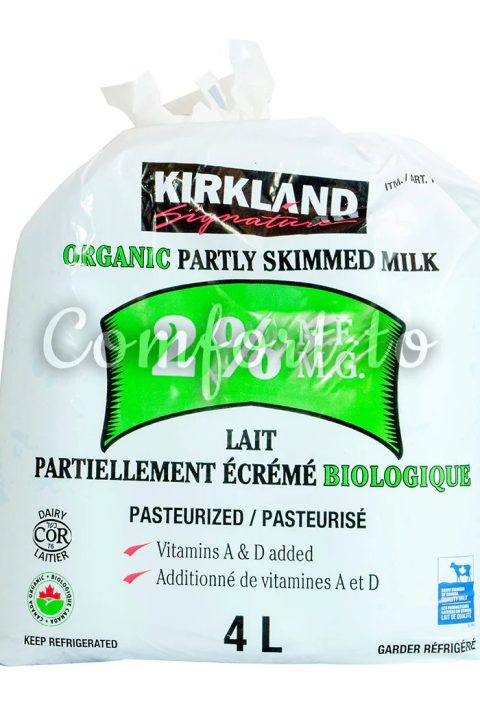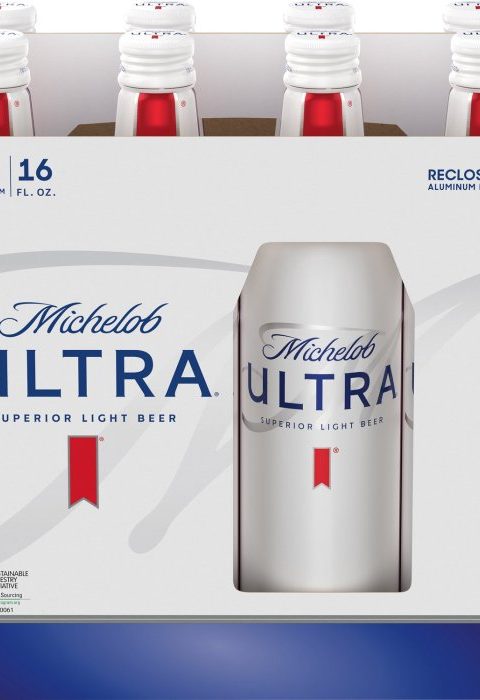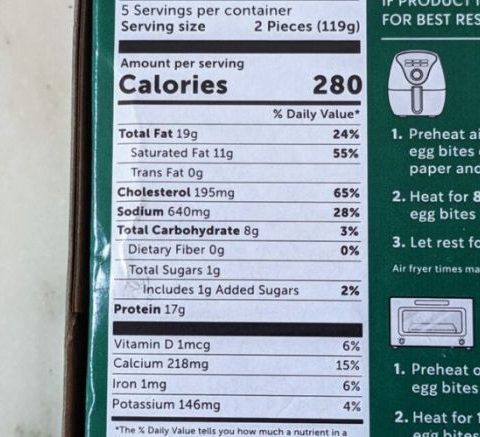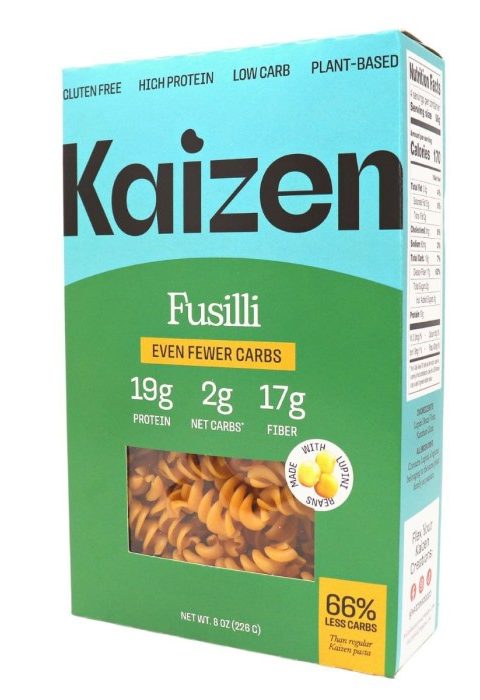Nutritional Content Overview

Egg mcmuffin nutrition facts – Let’s dive into the nutritional details of a classic Egg McMuffin. Understanding its macronutrient profile and vitamin content helps us make informed choices about our diet. Remember that nutritional information can vary slightly depending on the source and preparation methods.
The Egg McMuffin, in its standard form, is a relatively compact meal, but its nutritional impact is worth considering. We’ll examine the calories, proteins, fats, and carbohydrates, along with key vitamins and minerals.
Macronutrient Breakdown of a Standard Egg McMuffin
A standard Egg McMuffin typically contains approximately 300 calories. This caloric value is distributed across macronutrients as follows: a significant portion comes from protein, crucial for building and repairing tissues; a moderate amount from fat, providing energy and essential fatty acids; and a smaller amount from carbohydrates, primarily from the English muffin. The exact proportions may vary slightly based on the specific ingredients and preparation.
Understanding Egg McMuffin nutrition facts is crucial for mindful eating. Need to track your own food’s nutritional breakdown? Download a customizable nutrition facts blank template to easily record and compare your daily intake against fast-food options like the Egg McMuffin, allowing for better dietary choices and calorie management.
Vitamins and Minerals in an Egg McMuffin
While not a powerhouse of vitamins and minerals, the Egg McMuffin does contribute some essential nutrients. For example, it provides a decent amount of protein, contributing to daily protein needs. It also contains some iron, important for oxygen transport in the blood, and certain B vitamins crucial for energy metabolism. However, it’s important to remember that an Egg McMuffin should not be relied upon as the sole source of these nutrients; it’s part of a balanced diet.
Nutritional Variations in Egg McMuffin Options
McDonald’s offers variations of the Egg McMuffin, such as those with different cheeses or the addition of meat like sausage or bacon. These changes significantly impact the nutritional profile. Adding sausage, for instance, increases the calorie, fat, and protein content considerably. Opting for a different cheese can alter the fat and sodium content. Choosing lower-fat options can help reduce overall calorie and fat intake.
Nutritional Information for a Standard Egg McMuffin
The following table provides a summary of the nutritional information for a standard Egg McMuffin. Note that these values are approximate and may vary slightly.
| Nutrient | Amount | % Daily Value | Serving Size |
|---|---|---|---|
| Calories | ~300 | ~15% | 1 Egg McMuffin |
| Protein | ~17g | ~34% | 1 Egg McMuffin |
| Fat | ~12g | ~18% | 1 Egg McMuffin |
| Carbohydrates | ~31g | ~10% | 1 Egg McMuffin |
Ingredient Analysis
Let’s break down the nutritional impact of each key component in your Egg McMuffin. We’ll look at the individual ingredients, their sourcing and processing, and compare them to some healthier options.
Egg Nutritional Profile, Egg mcmuffin nutrition facts
The egg, a cornerstone of the Egg McMuffin, provides a significant portion of its protein and some essential nutrients. A large egg typically contains around 70 calories, 6 grams of protein, and various vitamins and minerals like vitamin D and choline. However, the nutritional value can vary based on the hen’s diet and the egg’s farming practices. Cage-free eggs, for example, are often considered nutritionally superior due to the hens’ access to more varied feed and movement.
The cooking process, in this case, frying, can also slightly alter the nutritional content; some nutrients might be lost during cooking. Compared to a poached or boiled egg, the fried egg in the McMuffin may have a slightly higher fat content.
English Muffin Nutritional Profile
The English muffin contributes carbohydrates, fiber, and some B vitamins. A typical English muffin contains around 100-130 calories and a small amount of fiber. The nutritional value depends on the ingredients used in its production; some muffins may contain added sugars or unhealthy fats. The processing involves baking, and while this generally doesn’t drastically alter the nutritional content, it can affect the texture and digestibility.
A whole-wheat English muffin would be a healthier alternative, offering more fiber and nutrients compared to a refined white flour version.
Canadian Bacon Nutritional Profile
Canadian bacon, a leaner alternative to regular bacon, offers protein and some B vitamins. A slice typically contains around 20-30 calories and a few grams of protein. Processing methods, including curing and smoking, can affect the sodium content. Lower sodium varieties are available and would be a healthier choice. Compared to pork sausage, Canadian bacon is generally lower in fat.
Cheese Nutritional Profile
The cheese slice adds fat, protein, and calcium. The type of cheese used influences the nutritional profile significantly. A typical slice of processed cheese in the Egg McMuffin provides approximately 40-50 calories and some protein. Processed cheeses often contain higher sodium and saturated fat compared to natural cheeses. Choosing a lower-fat cheese or a natural cheese alternative could significantly improve the nutritional value.
Nutritional Contribution of Each Ingredient
| Ingredient | Calories (approx.) | Protein (approx.) | Fat (approx.) | Sodium (approx.) |
|---|---|---|---|---|
| Egg | 70 | 6g | 5g | 60mg |
| English Muffin | 120 | 4g | 1g | 180mg |
| Canadian Bacon | 25 | 3g | 1g | 200mg |
| Cheese | 45 | 3g | 4g | 150mg |
Nutritional Comparison to Other Breakfast Items
Let’s delve into how the Egg McMuffin stacks up nutritionally against its competitors and homemade alternatives. We’ll examine calorie counts, macronutrient profiles (protein, fat, carbohydrates), and key micronutrients to provide a comprehensive comparison. This analysis will highlight potential differences in nutritional value and their implications for your overall health and dietary choices.
Egg McMuffin versus Other Popular Breakfast Sandwiches
This section compares the Egg McMuffin’s nutritional profile to similar breakfast sandwiches from other fast-food chains. Keep in mind that nutritional information can vary slightly depending on location and preparation methods. The data presented below represents average values.
| Item | Calories | Fat (g) | Protein (g) | Carbohydrates (g) |
|---|---|---|---|---|
| Egg McMuffin (McDonald’s) | 300 | 13 | 17 | 31 |
| Steak, Egg & Cheese Bagel (Starbucks) | 450 | 22 | 25 | 45 |
| Bacon, Egg & Cheese Croissant (Subway) | 400 | 20 | 20 | 35 |
| Sausage, Egg & Cheese Biscuit (Arby’s) | 470 | 28 | 22 | 38 |
Note: These values are approximate and can vary slightly. It’s always best to check the most current nutritional information from the restaurant’s website or in-store materials.
Egg McMuffin versus Homemade Equivalent
A homemade Egg McMuffin, using similar ingredients like English muffins, eggs, and cheese, offers greater control over ingredients and often results in a healthier nutritional profile. For instance, you can opt for whole-wheat English muffins, reduce the amount of cheese, and use lower-fat alternatives.
| Item | Calories | Fat (g) | Protein (g) | Carbohydrates (g) |
|---|---|---|---|---|
| Egg McMuffin (McDonald’s) | 300 | 13 | 17 | 31 |
| Homemade Egg McMuffin (Estimated) | 250 | 10 | 18 | 30 |
Note: The homemade values are estimates and will vary depending on the specific ingredients and quantities used. Using whole-wheat English muffins and reducing cheese significantly impacts the fat and calorie content.
Key Nutritional Differences and Health Implications
The primary differences lie in the fat and sodium content. Fast-food breakfast sandwiches tend to be higher in saturated and trans fats, contributing to increased cholesterol levels and cardiovascular risk. Sodium levels are also typically higher, potentially leading to water retention and increased blood pressure. Homemade versions allow for greater control, enabling healthier choices by reducing these factors.
The higher fiber content in a homemade version, using whole-wheat English muffins, can also contribute to improved digestive health.
Visual Representation of Nutritional Data
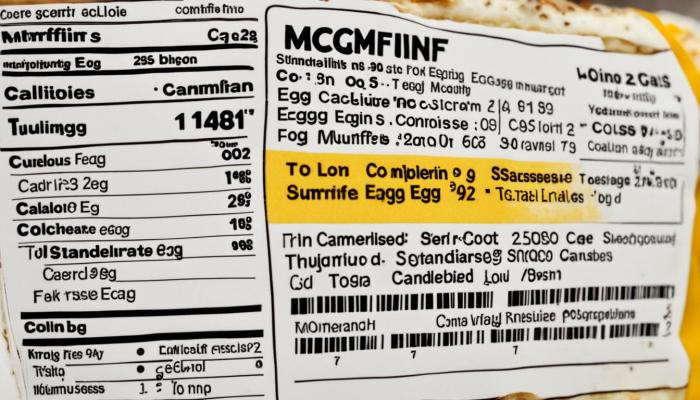
A clear visual representation can significantly improve understanding of the Egg McMuffin’s nutritional profile. Instead of just looking at numbers, a chart allows for a quick grasp of the relative proportions of each macronutrient – fat, carbohydrates, and protein. This visual aids in understanding the overall nutritional balance of the breakfast sandwich.We’ll use a pie chart to illustrate the macronutrient composition, as it effectively shows the proportional contribution of each component to the whole.
This method is particularly useful for showing percentages.
Pie Chart Depicting Macronutrient Composition
To create this pie chart, we first need the nutritional data for an Egg McMuffin. Let’s assume, for illustrative purposes, the following values per serving: Total Calories: 300; Fat: 150 calories (approximately 50%), Carbohydrates: 75 calories (approximately 25%), and Protein: 75 calories (approximately 25%). These are approximate values and should be verified with the most current nutritional information from McDonald’s.The pie chart would be divided into three segments.
The largest segment, representing fat, would occupy 50% of the circle and be colored a deep yellow-orange to visually represent the high caloric density of fat. The carbohydrate and protein segments would each be 25% of the circle and colored light brown and light purple, respectively. Each segment would be clearly labeled with its corresponding macronutrient (Fat, Carbohydrate, Protein) and its percentage contribution.
The title of the chart would be “Macronutrient Composition of an Egg McMuffin.”
Text Alternative for Visually Impaired Users
The pie chart shows the macronutrient composition of an Egg McMuffin. Fat constitutes the largest portion, at 50% of the total calories. Carbohydrates and protein each account for 25% of the total calories. This indicates that fat is the most significant contributor to the total caloric content of the Egg McMuffin, followed by equal contributions from carbohydrates and protein.
FAQ Compilation: Egg Mcmuffin Nutrition Facts
What are the sodium levels in an Egg McMuffin?
The sodium content varies slightly depending on preparation, but it’s generally high, exceeding the recommended daily intake for many. Check the McDonald’s website for the most up-to-date information.
Is the Egg McMuffin suitable for vegetarians?
No, the standard Egg McMuffin contains Canadian bacon (pork).
Are there any gluten-free options related to the Egg McMuffin?
McDonald’s does not currently offer a gluten-free version of the Egg McMuffin. The English muffin contains gluten.
How many eggs are in an Egg McMuffin?
A standard Egg McMuffin contains one whole egg.

